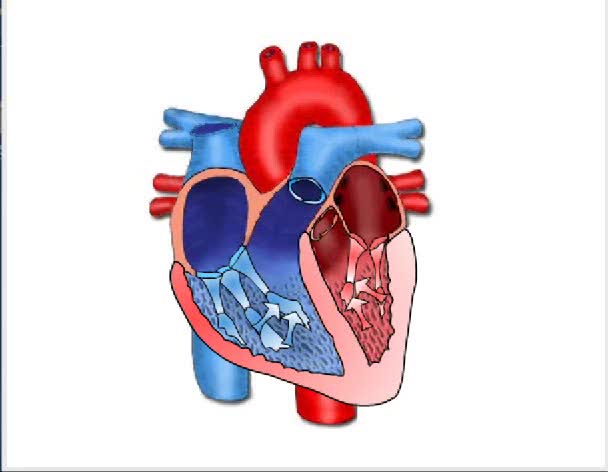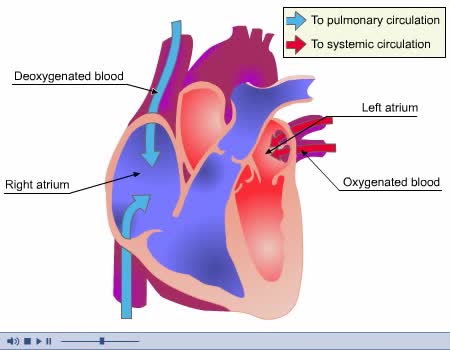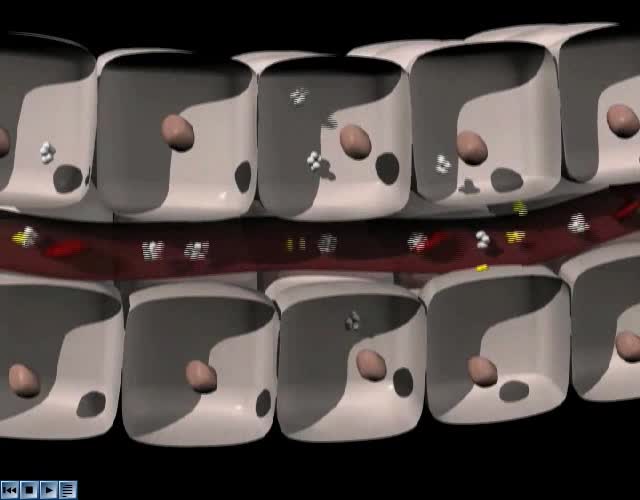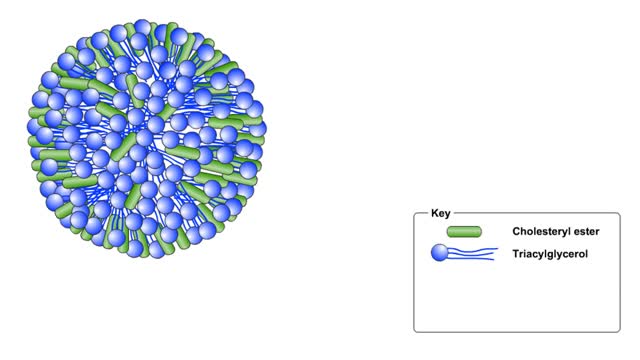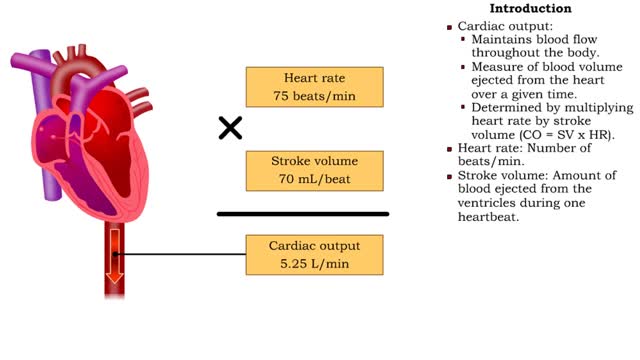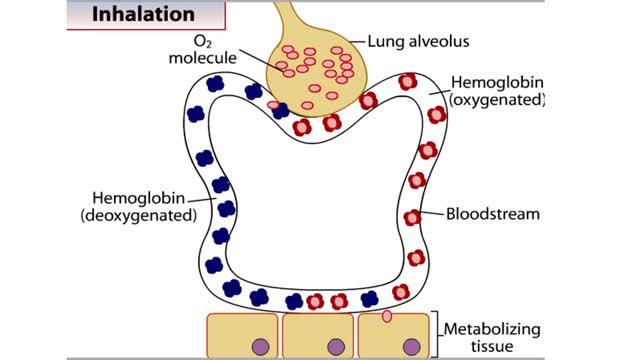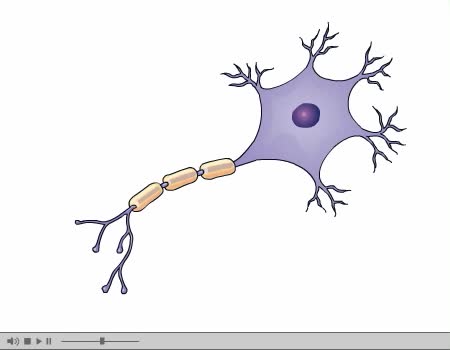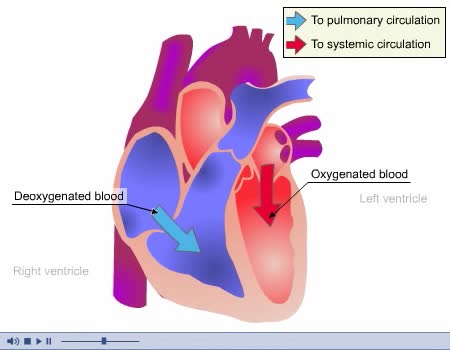Search Results
Results for: 'arterial blood pressure'
By: Administrator, Views: 14644
Hemodynamics is the dynamics of blood flow. The circulatory system is controlled by homeostatic mechanisms, such as hydraulic circuits are controlled by control systems. Hemodynamic response continuously monitors and adjusts to conditions in the body and its environment.
By: Administrator, Views: 15385
Hypoglycemia, also known as low blood sugar, is when blood sugar decreases to below normal levels. This may result in a variety of symptoms including clumsiness, trouble talking, confusion, loss of consciousness, seizures or death. A feeling of hunger, sweating, shakiness and weakness may also be...
What is Cholesterols? Introduction to Lipoproteins
By: HWC, Views: 10087
✔ https://HomeworkClinic.com ✔ https://Videos.HomeworkClinic.com ✔ Ask questions here: https://HomeworkClinic.com/Ask Follow us: ▶ Facebook: https://www.facebook.com/HomeworkClinic ▶ Review Us: https://trustpilot.com/review/homeworkclinic.com Cholesterol is a type of fat fo...
By: Administrator, Views: 14327
A heart attack occurs when an artery supplying your heart with blood and oxygen becomes blocked. Fatty deposits build up over time, forming plaques in your heart's arteries. If a plaque ruptures, a blood clot can form and block your arteries, causing a heart attack.
By: HWC, Views: 10796
• Cardiac output: • Maintains blood flow throughout the body. • Measure of blood volume ejected from the heart over a given time. • Determined by multiplying heart rate by stroke volume (CO = SV x HR). • Heart rate: Number of beats/min. • Stroke volume: Amount of blood eject...
How Hemoglobin Picks Up and Delivers Oxygen
By: HWC, Views: 10400
All of the cells in our bodies require oxygen (02) for survival and must release carbon dioxide (CO2) as a waste product. The respiratory and circulatory systems work together as delivery systems for these gases. The lungs exchange these gases between the environment and the bloodstream. The bloo...
Nerve Impulse Transmission Animation
By: Administrator, Views: 14467
How nerves transmit impulses. Stimulation of a nerve occurs at a receptor. Sensory receptors Specialized to specific types of stimulation such as heat, cold, light, pressure, or pain. React by initiating a chemical change or impulse. All-or-none principle Means that no transmission occ...
By: Administrator, Views: 14056
Prior to atrial systole, blood has been flowing passively from the atrium into the ventricle through the open AV valve. During atrial systole the atrium contracts and tops off the volume in the ventricle with only a small amount of blood. Atrial contraction is complete before the ventricle begins...
Advertisement



